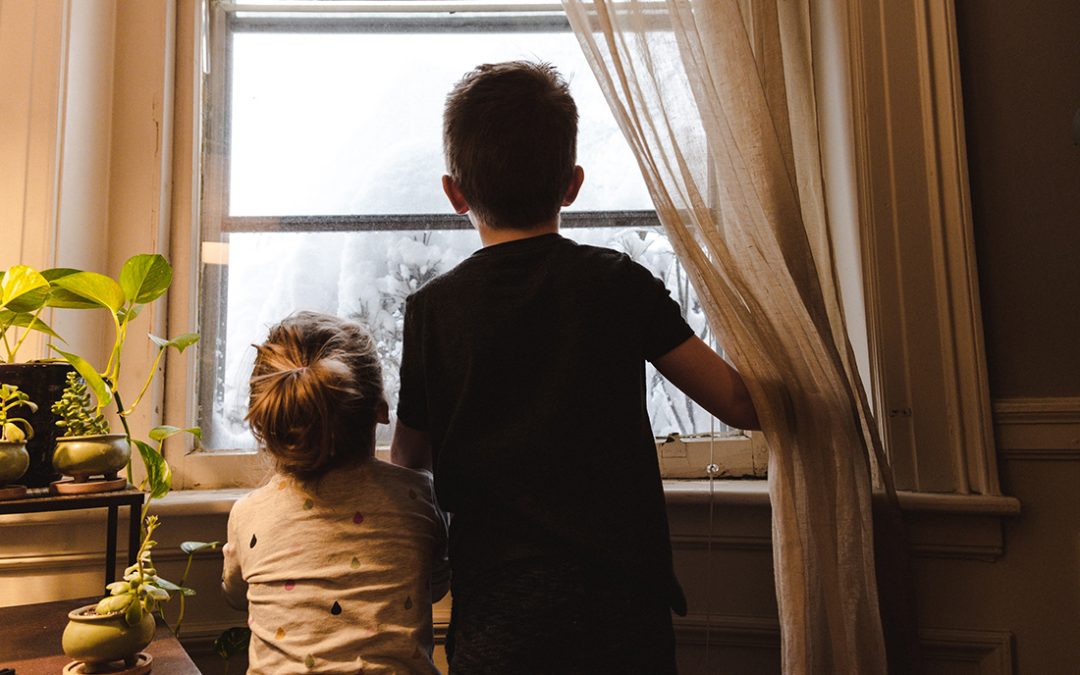Every April, during National Child Abuse Prevention Month, we join our partners in mental health, social and child protective services in the effort to raise awareness about child abuse. This spring, as we all struggle with the realities of living through a pandemic, protecting the most vulnerable in our society is more critical than ever.
During normal times, the statistics are alarming enough: Between four and five children die from child abuse and neglect daily in the United States, and 2.9 million cases of child abuse are reported every year.
Unfortunately, experts predict that we will see an uptick in those numbers as a result of COVID-19. Studies conducted after Hurricanes Katrina and Harvey and even the 2008 recession show that crises tend to put children at higher risk for violence in the home. While it is too early for conclusive findings about COVID-19, reports are already emerging that hospitals are seeing an increase in child abuse cases.
Current conditions create a dangerous combination for vulnerable children. Families are under incredible stress as they struggle with concerns about health and safety, finances and job loss. We also know that high-stress situations frequently result in higher levels of substance abuse and addiction. And, as most communities are under lockdown, at-risk individuals in the home have fewer opportunities to escape or find relief from a volatile situation.
Furthermore, abusive situations are remaining hidden. Schools (educators are generally the primary source for reports), churches and other community institutions that usually sound the alarm are not seeing the children they serve.
So, what can be done during a time like this?
Reach out. Urge potentially vulnerable family members, friends, neighbors and loved ones to stay connected in whatever way possible. Help them feel comfortable asking for help. Offer resources and information.
One valuable source of information is the global organization End Violence Against Children. Here is a list of recommendations and resources from this group:
Know who to call for help. Child Helpline International is a worldwide network of 173 helplines across the world. On their website, you can search for the helpline in your country and call to raise child protection issues with national authorities.
Create a safety plan by using this interactive safety planning tool from Love is Respect.
Speak to a crisis counselor. Within the US, Canada and the UK, The Crisis Text Line is available to help individuals dealing with the COVID-19 outbreak, providing free 24/7 support to those who need it.
Use technology safely for support with these tips from the National Network to End Domestic Violence.
Protect children in alternative care settings. The Alliance for Child Protection in Humanitarian Action has released new guidelines to support child protection practitioners and government officials in responding to at-risk children during COVID-19.
Other sites to check for resources include:
- U.S. Department of Health & Human Services
- Prevent Child Abuse America
- Darkness to Light
- American Psychological Association
- The Village
If need help coping with issues in your home, we are here for you. Please give Evergreen Psychotherapy Center a call at (303) 674-4029 or contact us at info@evergreenpsychotherapycenter.com.


